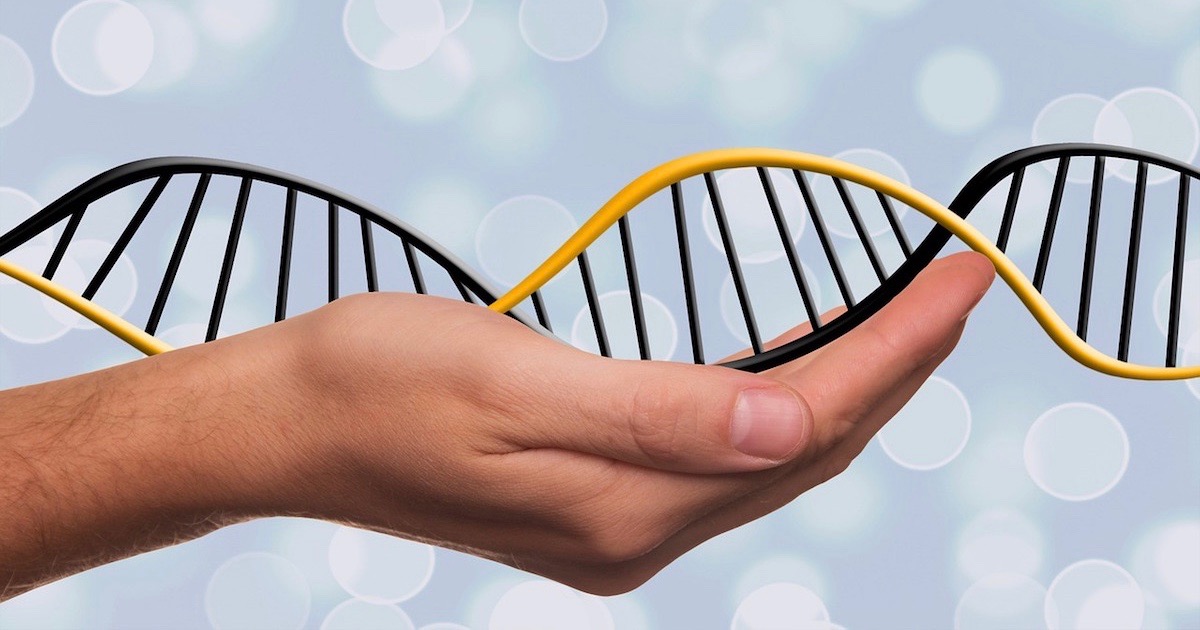 Culture & Ethics
Culture & Ethics
 Medicine
Medicine
Grappling with Embryo Research Before It’s Too Late

Scientists have successfully cloned human embryos using the same technique that created Dolly the sheep, potentially transforming human reproduction into a matter of manufacture and quality control.
Scientists have learned to genetically engineer any organism or cell through a technique known as CRISPR. This may be the most potentially dangerous human invention since the atomic bomb.
Scientists are pursuing making “three-parent” embryos, toward the purpose of avoiding genetic disease, but also with the potential to create novel family forms.
And now, scientists are making human “embryoids” — cell formations that are not viable organisms — from stem cells, but which may be a step before making human organisms. From the MIT Technology Review story:
Scientists at Michigan now have plans to manufacture embryoids by the hundreds. These could be used to screen drugs to see which cause birth defects, find others to increase the chance of pregnancy, or to create starting material for lab-generated organs.
But ethical and political quarrels may not be far behind. “This is a hot new frontier in both science and bioethics. And it seems likely to remain contested for the coming years,” says Jonathan Kimmelman, a member of the bioethics unit at McGill University, in Montreal, and a leader of an international organization of stem-cell scientists.
Science isn’t the be-all and end-all. As one scientists notes, ethics matter too:
We decided yes, we are trying to grow a structure similar to part of the human early embryo that is hard otherwise to study,” says Shao. “But we are not going to generate a complete human embryo. I can’t just consider my feelings. I have to think about society.”
Thank you. But at least one scientist insists he won’t stop until he develops a human organism via this means:
Other scientists, however, are determined to see just how far the science leads, up to and including forging the first complete human embryo from stem cells. That’s the case of Ali Brivanlou, an embryologist who leads a lab at Rockefeller University, in New York City. “My goal is to maximize the modeling, in vitro, of human development,” Brivanlou wrote in an e-mail. “Therefore, we would like to be as accurate as possible and as complete as possible.”
These are potentially epochal developments. But where are the democratic discussions about whether and how to regulate these technologies?
They aren’t happening. Nobody outside the biotech and bioethics sectors are even talking about this.
And where is a presidential advisory commission to debate these matters? (I have urged a “populist bioethics commission,” made up of diverse voices, not a “stacked deck” rubber-stamping body.) It doesn’t exist. Indeed, few in Washington, D.C., even seem to be aware that biotech and bioethics are urgent policy concerns.
Every powerful human enterprise needs checks and balances. At present, outside of government funding issues, they almost don’t exist. Yet if we don’t begin to grapple as a society with these embryo-biotech issues soon, it will be too late.
Image credit: geralt via Pixabay.
Cross-posted at The Corner.
